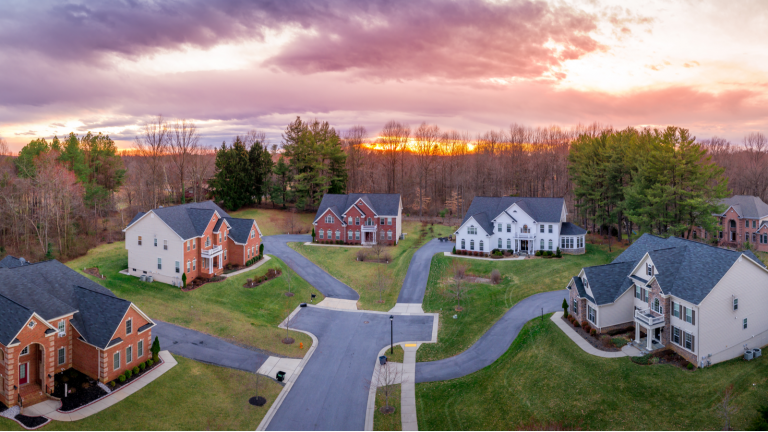While many pundits have sounded the alarm about a possible recession, it’s a different story when JPMorgan Chase (NYSE:JPM) is dishing the doom and gloom. Kicking off the second-quarter earnings season, the banking giant delivered earnings and revenue growth that missed analysts’ consensus targets, all while suspending share buybacks. Naturally, the rough disclosure has significant implications for the housing market.
But do recent developments suggest that prospective homebuyers who found themselves priced out of the market can now enter? While debate surges about the trajectory of real estate, the intuitive narrative suggests that the housing market will become more affordable. With the Federal Reserve implementing hawkish monetary policies, rising borrowing costs should help deflate prices.
Further, it’s the tightening of the money supply that has JPMorgan CEO Jamie Dimon worried. Last month, Dimon warned about an economic hurricane that was brewing. Today, Dimon reiterated his views, stating, “Rates are rising because of inflation, and in my view they’ll go up more than people think.”
Just to clarify his point, he added, “Quantitative tightening will reduce liquidity in global markets and stock prices are down a lot.” While he toned down some of his ominous language about a recession, the backdrop does not sound particularly encouraging for the possibility of an ascendant housing market.
Economic Downturns and the Housing Market
However, not everybody shares the same pessimistic view of the economy, particularly as it relates to the housing market. The opposing view notes that a combination of robust job opportunities, higher wages and increased spending may keep many sectors in the black, including residential real estate.
Further, the backstories behind the housing bubble of the mid-2000s and the current exuberance is different. According to Business Insider, during the former development, “a mixture of cheap debt
, predatory lending practices, and complex financial engineering led to many borrowers being placed into mortgages they could not afford.”
Eventually, when the bubble burst, a foreclosure crisis erupted, leading to a surplus of residential units flooding the housing market. On the other hand, in the current real estate cycle, residential construction has slipped to a crawl. Also, homebuyers are much more financially resilient. Without the pressure to sell, even a recession – particularly a mild one – may not be enough to forcibly input more supply into the housing arena.
What Happens to Real Estate During a Recession?
Those experts who proclaim that a recession isn’t necessarily a harbinger of doom for the housing market are technically correct. In 2007, during the heat of the last housing bubble, the relationship between average prices for homes sold and median household income was a factor of 3.9 times. However, from 2010 through 2019, this relationship increased to a factor of 4.5 times.
Still, it’s important to point out that when the housing market melted down about a decade-and-a-half ago, President Barack Obama launched an initiative – essentially a tax credit – to first-time homebuyers to stabilize the real estate sector.
If a recession capsizes the housing market in the future, it’s unlikely – following unprecedented fiscal and monetary stimulus programs during the pandemic – that the government will step into stabilize real estate. Therefore, it’s arguably not safe to assume that home prices will be largely immune to economic pressures.
In many ways, the housing market will, for the first time in a long time face whatever challenges are ahead alone.
On the date of publication, Josh Enomoto did not have (either directly or indirectly) any positions in the securities mentioned in this article. The opinions expressed in this article are those of the writer, subject to the InvestorPlace.com Publishing Guidelines.

